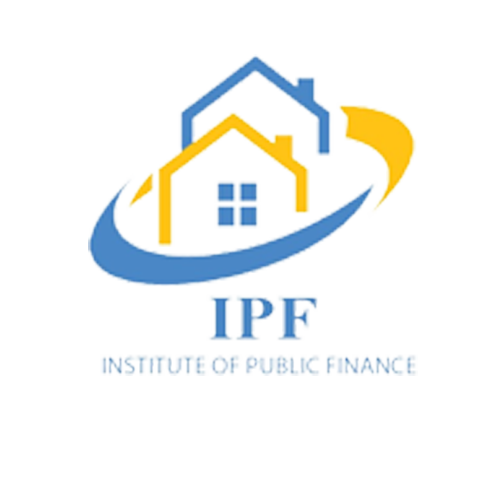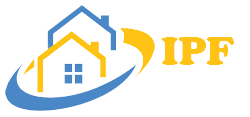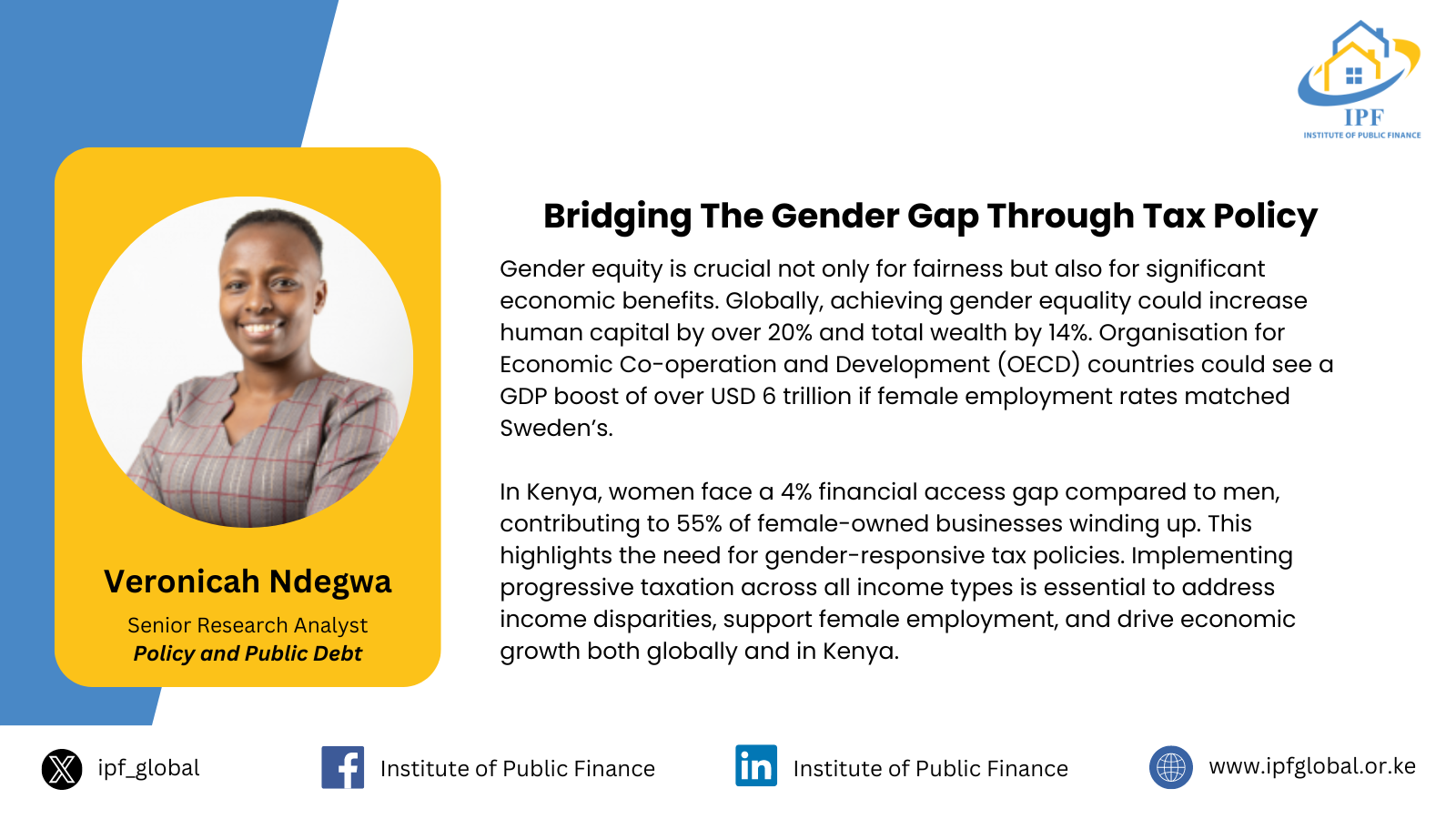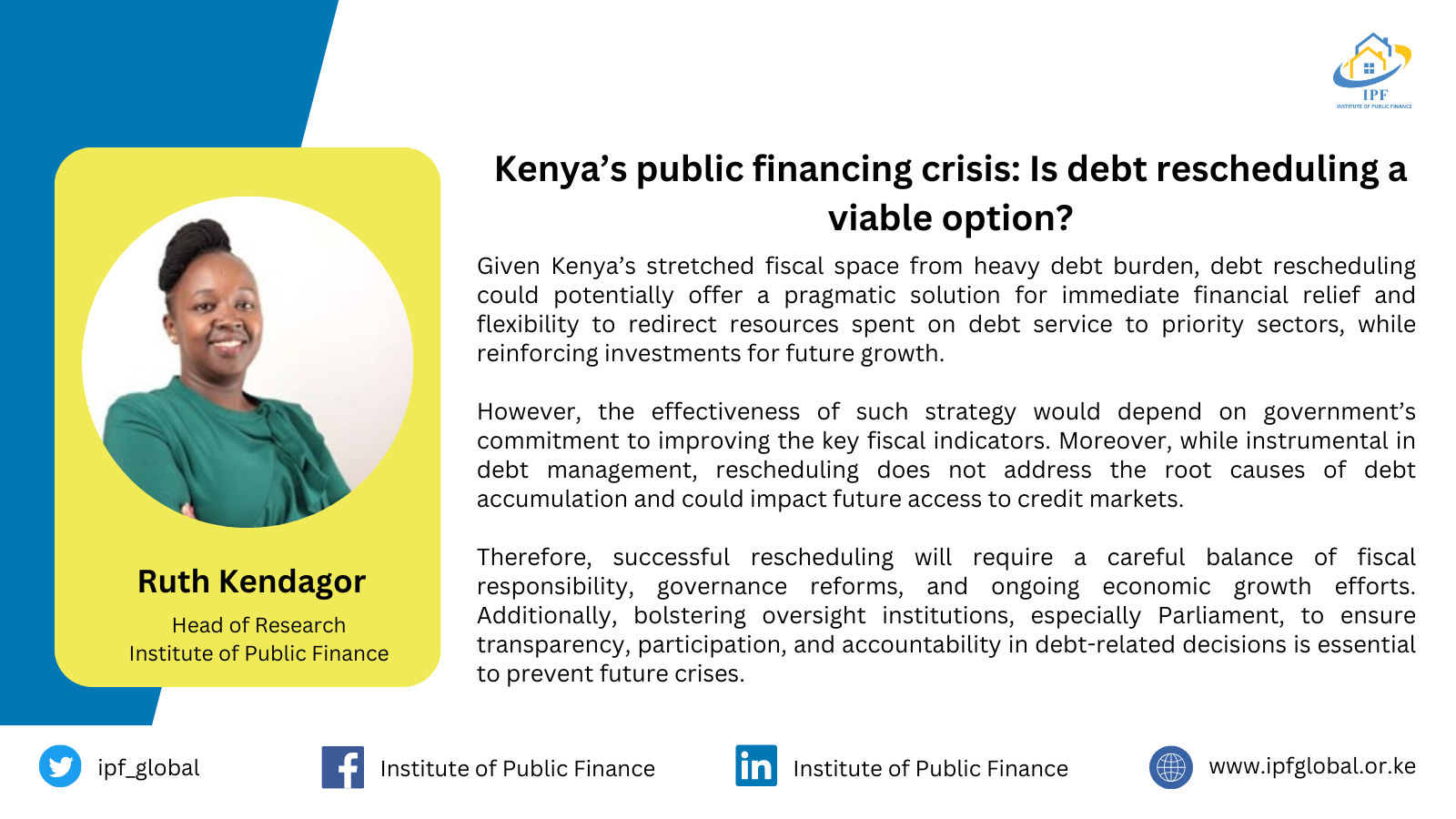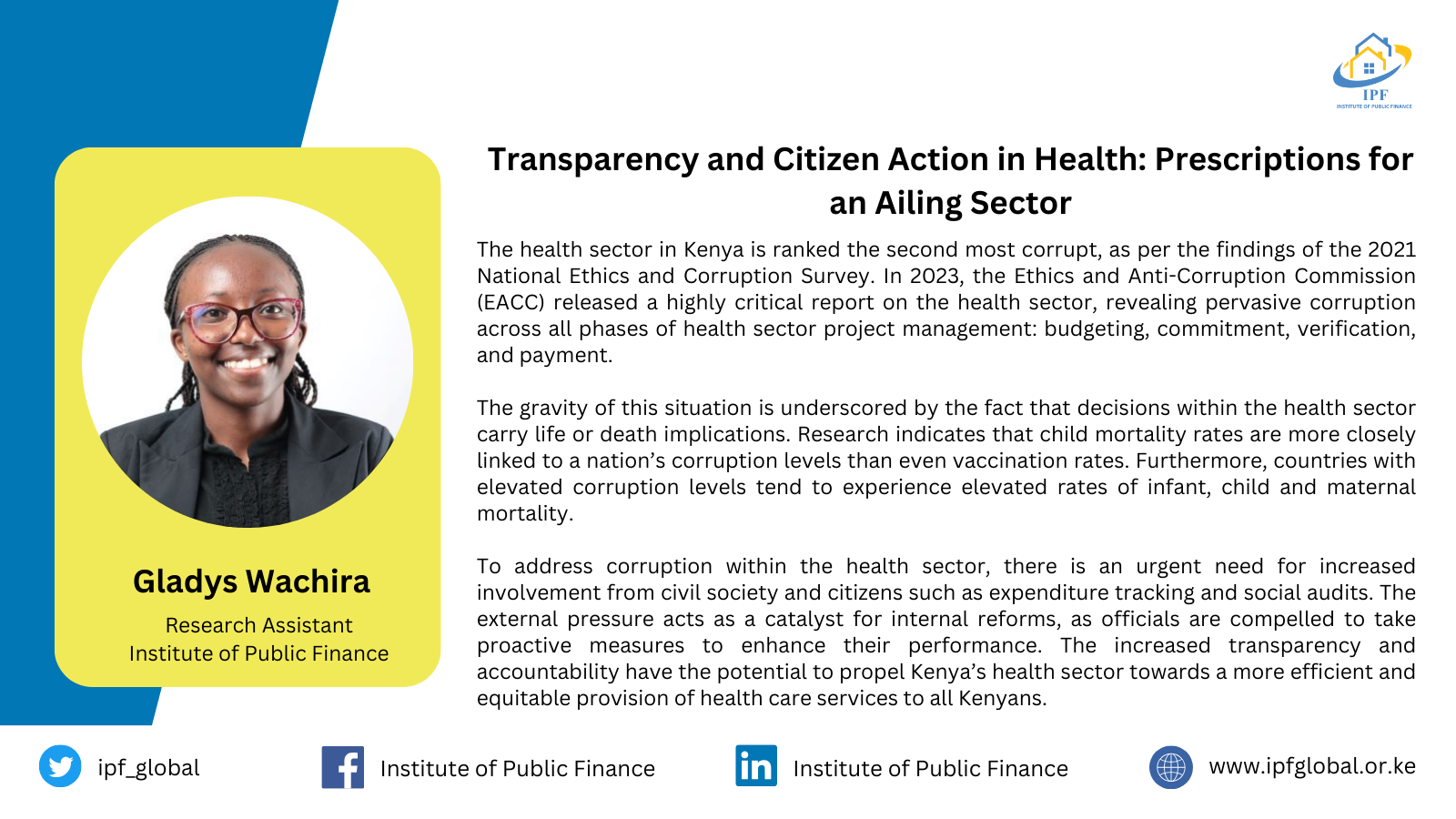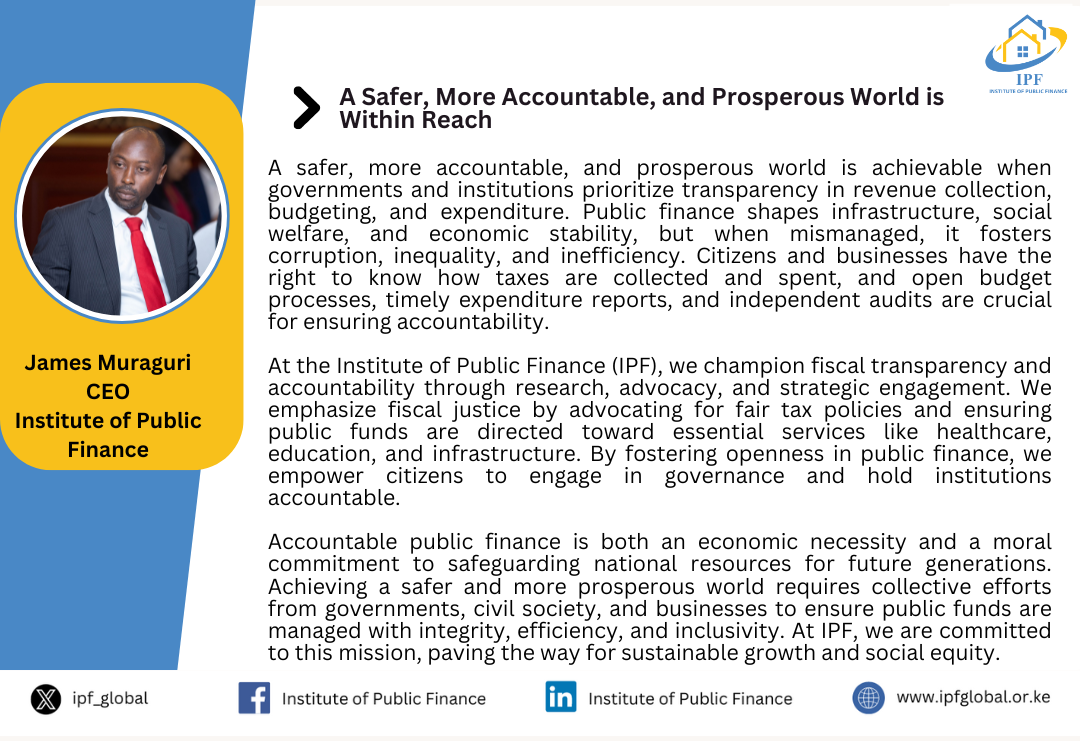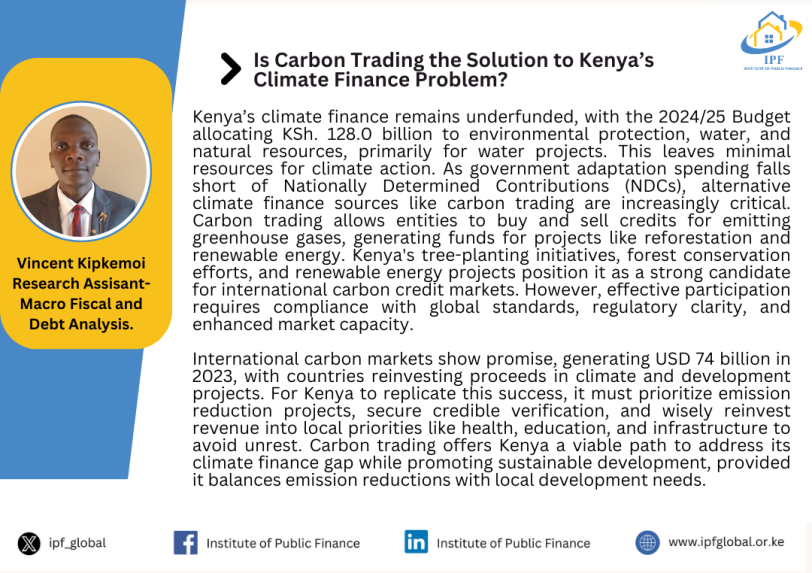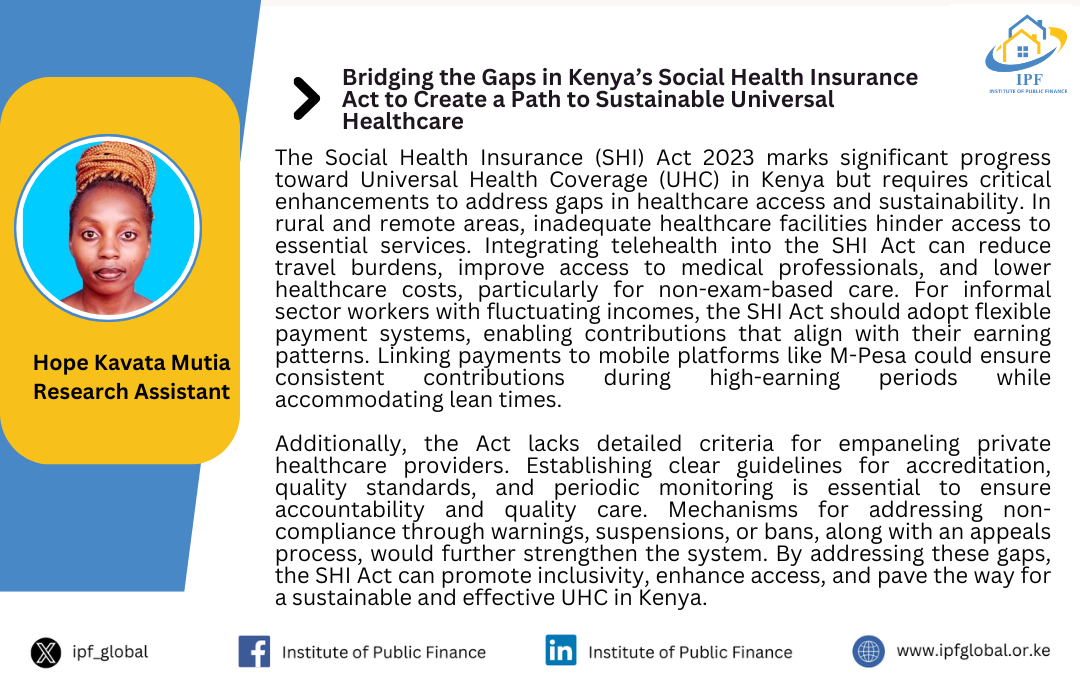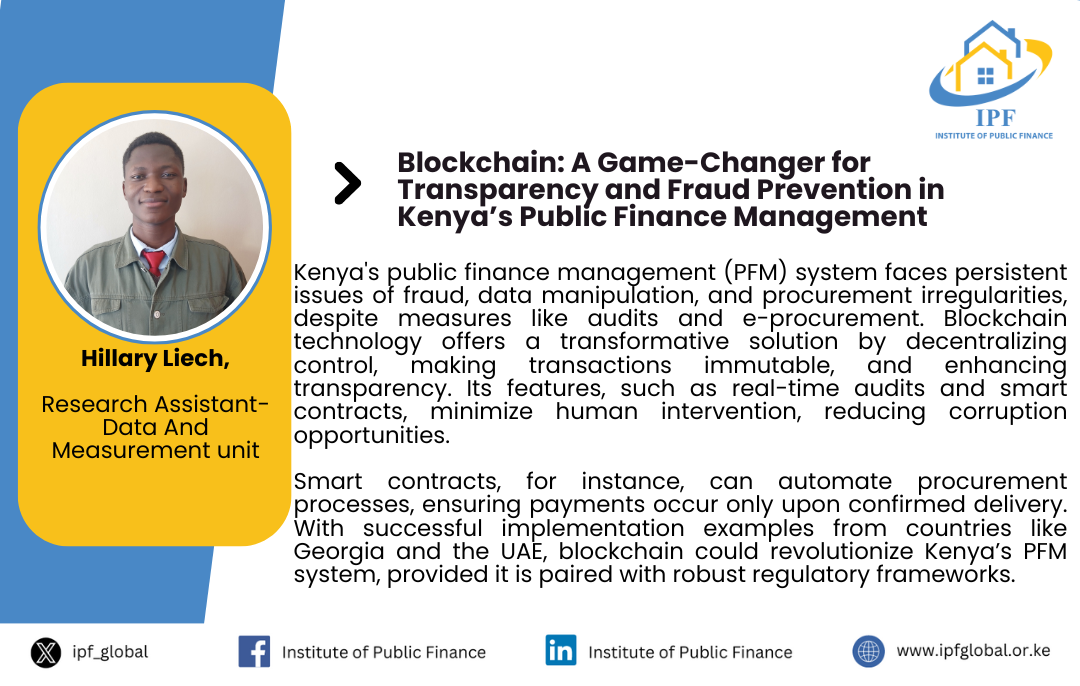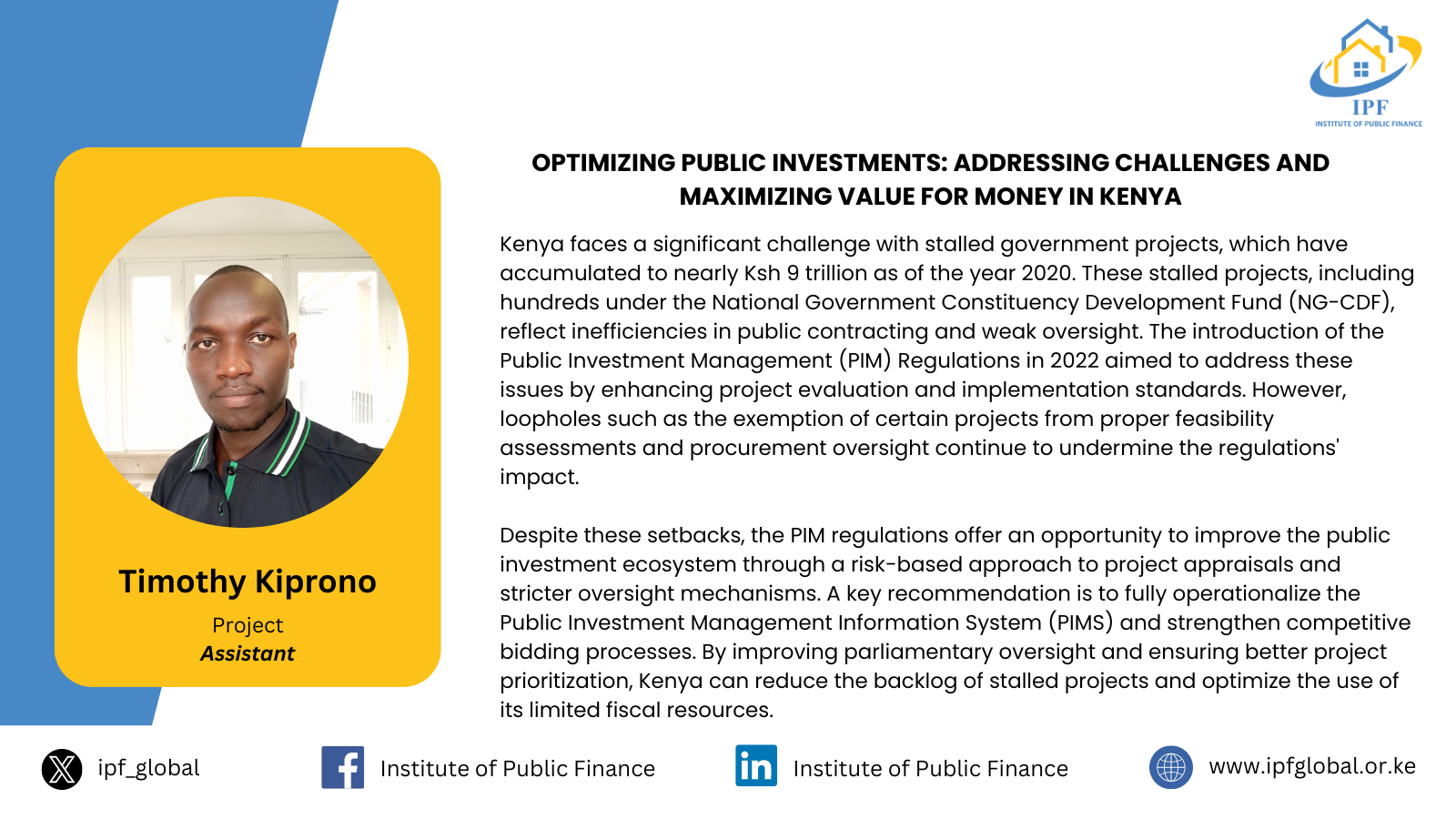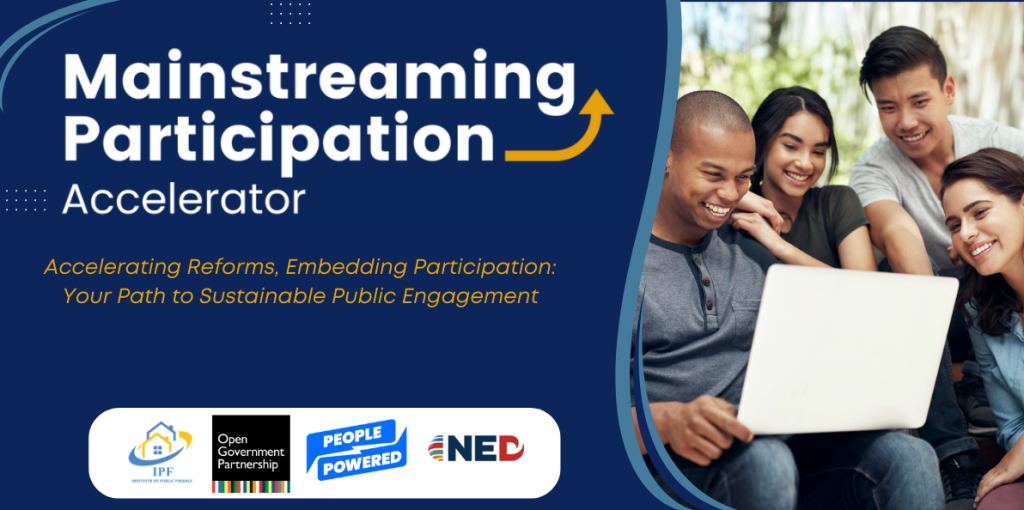
The Mainstreaming Participation Accelerator (MPA) is a program for reformers who are currently testing, experimenting, or implementing a public participation program and seeking to mainstream (institutionalize or embed) it as an ongoing government process. Please apply below or share with someone who fits this description.
It is a pioneering program launched by the Institute of Public Finance (IPF) in collaboration with People Powered and the Open Government Partnership (OGP). The program is open to government reformers and civil society organizations interested in transforming existing participatory programs into sustainable democratic practices.
Background
Governments and civil society organizations have explored various innovative participatory approaches to amplify citizens’ voices in decision-making, such as participatory budgeting, citizens’ assemblies, and participatory policymaking. However, many of these initiatives have remained as pilot projects and have not been fully integrated into standard governance practices. This program seeks to support reformers’ efforts to convert these one-off initiatives to more consistent, commonplace, impactful and high-quality participatory practices.
The inaugural cohort, starting in March to September 2025, will include 20 participants. The program will support participants in developing practical solutions to mainstream and embed high-quality, inclusive public participation practices across key government sectors, processes, and institutions.
Applications are open to governmental institutions, civil society organizations, or non-governmental organizations globally. A detailed timeline, from application preparation to final reporting, is provided in the following sections.
Over a six-month period, participants will benefit from:
- Dedicated mentorship
- Step-by step resources such as the Participation Playbook, an interactive online tool for designing participatory programs,
- Comprehensive “how-to” guides
- Practice-oriented live sessions, including an in-person workshop in Nairobi, Kenya, and online course
- International peer-learning opportunities
Program Goals
By the end of the program, the participant should expect to be able to:
- Critically analyze the landscape of participatory and deliberative democracy, identify key opportunities, barriers, and current practices both globally and within their local contexts.
- Engage diverse stakeholders effectively, using advanced mapping techniques and communication skills to build support and sustain engagement.
- Apply systems thinking to evaluate and influence deeper changes in governance, aiming for sustainable and inclusive participatory processes.
- Develop and implement effective strategies in an action plan for mainstreaming participatory and deliberative democracy, including coalition-building, advocacy, and legislative changes.
Applications are open!
Read through the program requirements and selection criteria below, complete the application form, and submit the required documents by Sunday, Sunday, November 24, 2024, 11:59 pm East Africa Time (check your timezone here
You can also nominate someone else
Forward the application form to individuals who you believe are eligible before Sunday, November 24, 2025.
- To learn more about the program read our blog.
- If you have any questions or require further information, please feel free to contact us at MPA@ipfglobal.or.ke.
Program Timeline:
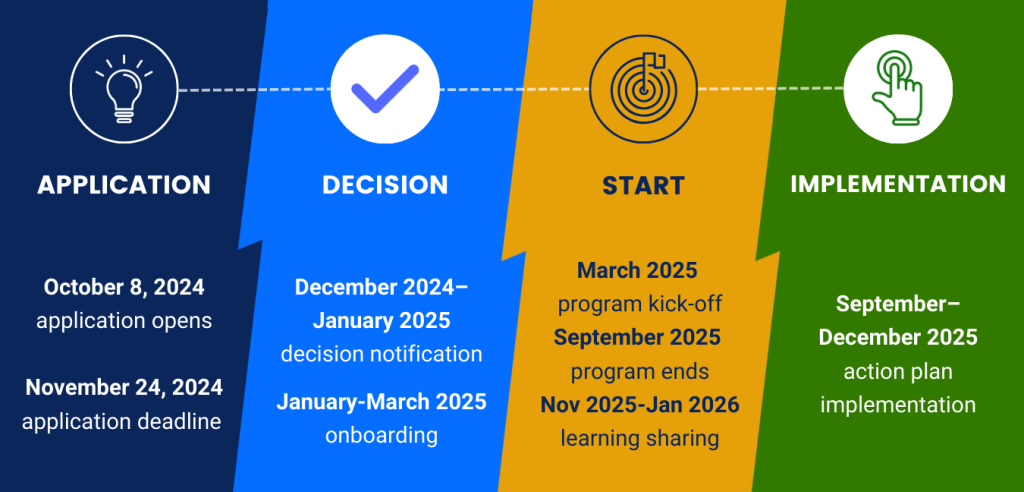

About the program partners
IPF Global: The Institute of Public Finance (IPF) is a public finance think tank that supports participatory governance through research and capacity strengthening of civil society organizations (CSOs) and governments to promote informed decision-making in public policy processes. Read more about IPF Global
People Powered: People Powered is a global hub for participatory democracy. It develops and manages global resources and support programs to help organizations and governments run participatory and deliberative programs. Read more about People Powered
Open Government Partnership (OGP): The Open Government Partnership is an organization of reformers of over 150 governments and thousands of civil society organizations working to transform how the government serves its citizens. Read more about the OGP.
More Application Details
The accelerator participants will receive dedicated support from mentors from the 4 regional organizations below. The mentors also form the expert committee that will support the lead organizations during the program sessions and materials. Below is a list of our mentors
- MOSAIC, Europe: MOSAIC is a team of professionals who are committed to support public administrations and civil society organizations to foster deliberative and participatory democracy in the Southeast Europe region. Learn more
- IOPD Africa, Africa: IOPD Africa is a pan-African organization that is open to national and local governments, non-state actors, and academia committed to exchanging ideas and promoting participatory democracy as a model of governance. Learn more
- Ciudadanía Inteligente, South America: Ciudadanía Inteligente is a non-partisan, non-profit organization in Latin America and the Caribbean. It promotes civic participation and strengthens democracy by advancing institutional changes that redistribute political power and ensure inclusive decision-making. Read more
- Kota Kita, Asia: Kota Kita is a non-profit organization based in Solo, Indonesia, working to bridge dialogues between governments and citizens by facilitating the involvement of all citizens, especially the marginalized and excluded. Learn more
To qualify, applicants must form a coalition between government entities and civil society or non-governmental organizations, with a commitment to collaboratively develop and implement a mainstreaming participation action plan.
This is an intensive program and may require more or less time during the 6-month depending on the participants’ proposal and planning required. Participants can expect to be flexible and set aside sufficient time to develop their action plans, learn from self-paced resources, consult their mentors and the team coalitions and incorporate feedback. More specifically, participants are required to set aside sufficient time for travel to Kenya for an in-person workshop. Usually, accelerator participants need a minimum of 2 or 3 hours per week to conduct the work.
- Deliver an action plan for mainstreaming participatory and deliberative democracy within their contexts using the Participation Playbook and program resources.
- Engage internal and external stakeholders to develop the action plan when relevant.
- Attend, engage, and participate in workshops, check-in sessions, mentorship, and /or peer support activities and discussions, including in-person workshops in Nairobi, Kenya.
- Be available for all three virtual sessions as required for the successful completion of the program.
- Work with and be supported by a mentor to undertake all the assignments and consultations required for successful participation and completion of the program.
- Report on project activities and support data monitoring.
- Does your organization or your partner organization have a current participatory program you would like to improve or mainstream through this program?
- What is your experience of participatory or deliberative democracy (PDD) innovations, including understanding of PDD principles, involvement in initiatives promoting PDD including a description of the method/type (e.g. Participatory budgeting, Participatory policymaking, Legislative theater, Citizen assemblies, others (specify) of your current program, and any leadership roles relevant to PDD initiatives.
- What is your experience of engaging key stakeholders, including experience of engaging with government, civil society organizations, and/or marginalized communities? Do you have evidence of your ability to build and maintain strong and productive relationships with a diverse range of stakeholders?
- What are your personal and institutional motivations, aspirations and goals for being part of the program? How can the program help enhance your leadership and contribution to participatory democracy and open government in your country and beyond?
- What are your plans for mainstream participatory and deliberative democracy? Describe your plans for mainstreaming PDD in your context, including outlining their feasibility, the resources necessary to achieve them, and any challenges you anticipate.
- What is the impact you intend to have through membership of the program? Please describe the intended impact of your project to mainstream PDD, and how you will spread the knowledge and skills you acquire through the program within your country.
- Please describe the biggest challenges you experience in your current participatory program that you want to address through mainstreaming and how mainstreaming helps address this problem.
